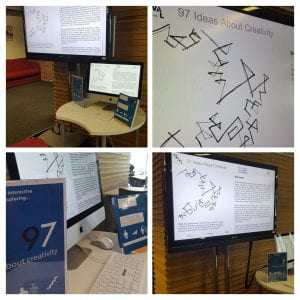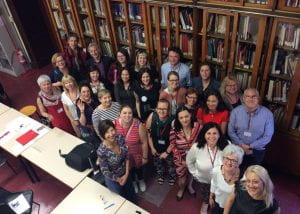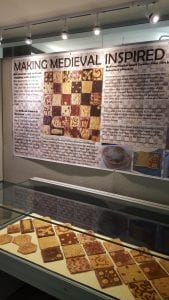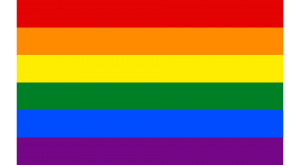March is Women’s History Month and the library will be celebrating with a series of posts on resources for the study women’s history. We would love to hear your comments and questions about the posts: please tweet us @GCWLibrary, email us at library@lincoln.ac.uk, or tell us your thoughts in the comments section at the end of the post.
Why use online resources to study women’s history?
In my previous post, I introduced two of the library’s databases for studying women’s history. These databases are available by subscription–the University Library pays for them, and all staff and students at the university are able to access them. In this post, however, I will introduce some databases that are freely accessible to all. There is no one reason for using an online database as opposed to one built by subscription. Historians who study women’s lives have (and still do) push back against the stereotype that there’s no evidence for women of the past, which has led to a concern with gathering and sharing sources to enable research. Sometimes research touches on the concerns of past or contemporary communities and so researchers want it to be freely available to all who are interested, or sometimes research involves participants and investigators outside of the university and so for practical reasons an online resource is best. Online resources can be built with or by primary and secondary school students and teachers in mind. And sometimes an open access online database is simply the best resource available for a particular subject you are interested in!
Continue reading “Online Resources for Women’s History”




